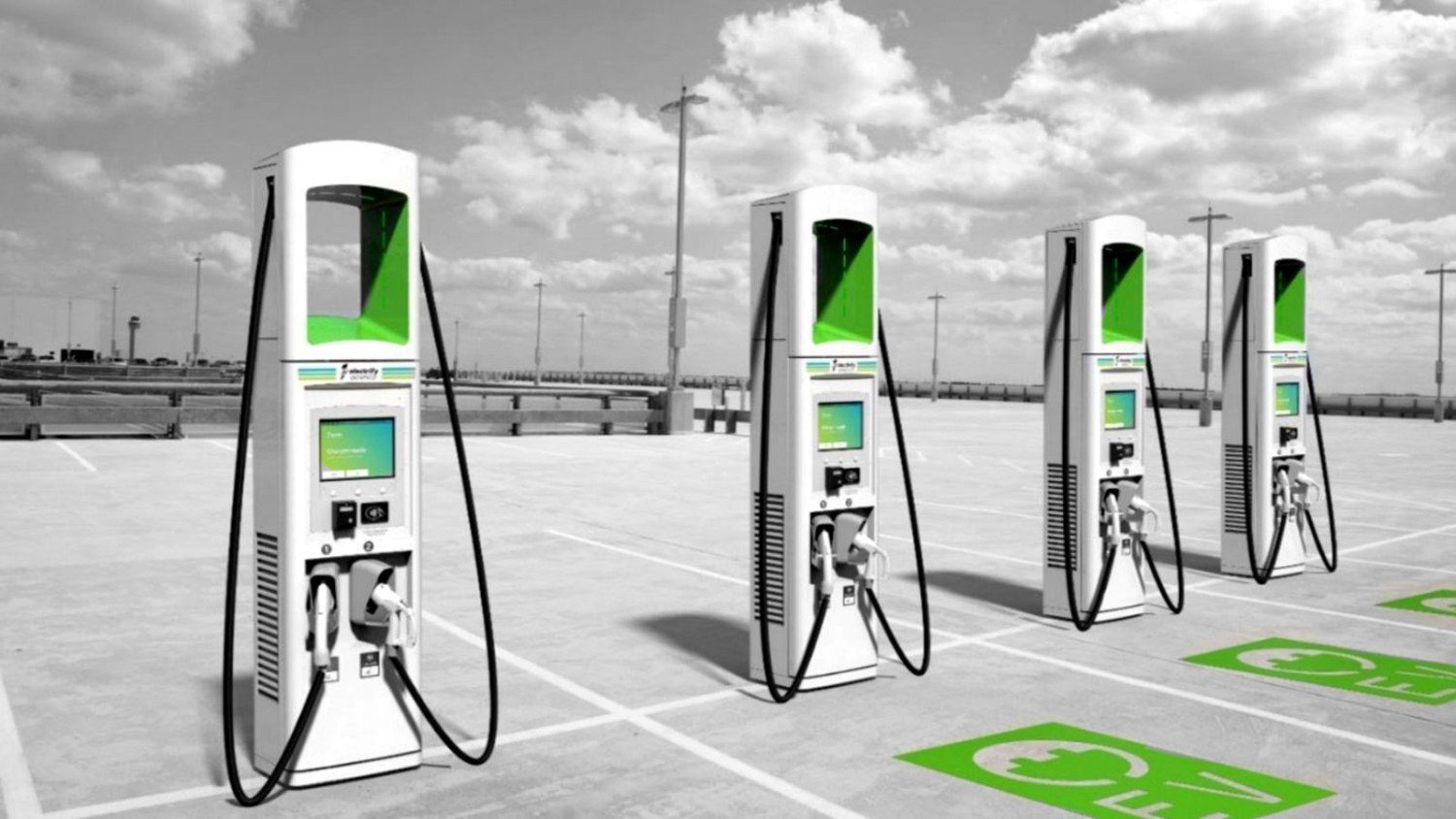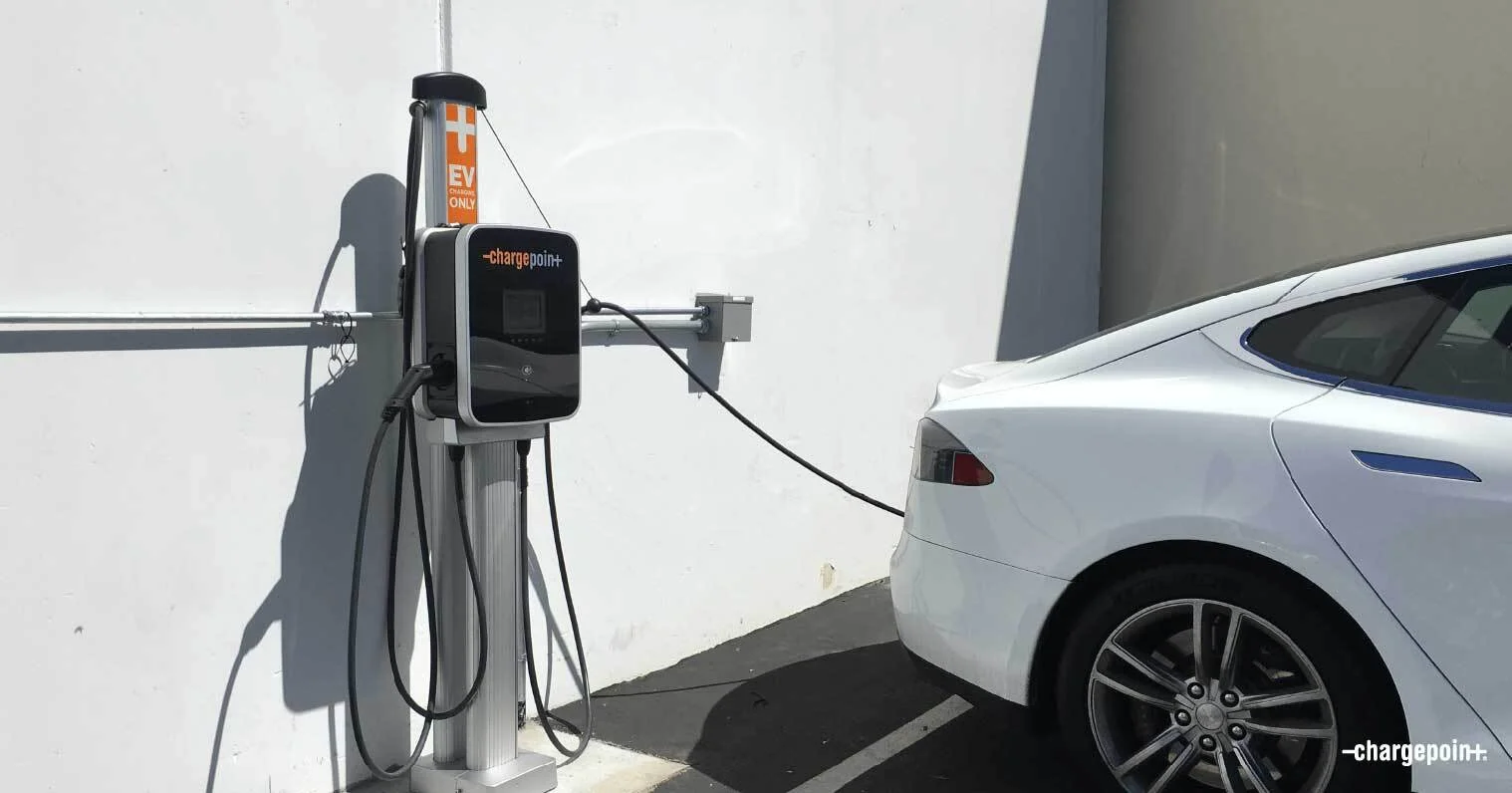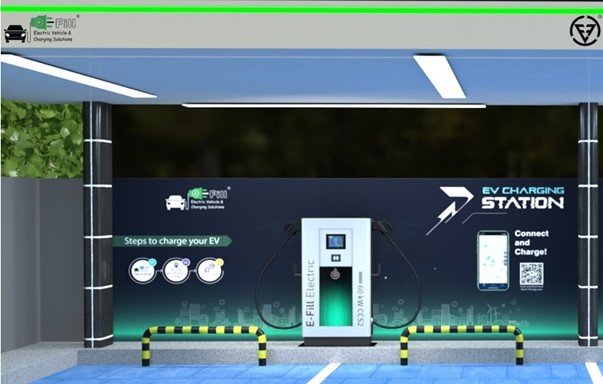SOLUTIONS
EVTRONE can offer a variety of solutions to customers depending on their needs and the stage of EV adoption in their region. Here are some common types of solutions:

Charging Station Installation
This includes installing charging stations at various locations such as homes, workplaces, public parking lots, and commercial areas.

Networked Charging Services
Providing access to a network of charging stations, often through subscription or payment plans, allowing customers to charge their EVs conveniently at multiple locations.

Fleet Charging Solutions
Offering customized charging solutions for businesses with fleets of electric vehicles, including installation of charging infrastructure at fleet depots or providing mobile charging solutions for on-the-go charging.

Smart Charging Infrastructure
Implementing advanced technologies such as smart grids, demand response, and load management to optimize charging processes, reduce energy costs, and improve grid stability.

Renewable Energy Integration
Integrating renewable energy sources such as solar or wind power with EV charging infrastructure to promote sustainable and eco-friendly charging solutions.

Energy Storage Solutions
Deploying energy storage systems such as batteries to store surplus energy from renewable sources or off-peak periods and utilize it for EV charging during peak demand or when renewable energy generation is low.

Consulting and Advisory Services
Providing consultancy services to businesses, governments, and other organizations on EV infrastructure planning, policy development, regulatory compliance, and investment strategies.

Maintenance and Support Services
Offering maintenance, repair, and technical support services for EV charging equipment to ensure optimal performance and reliability.

Data Analytics and Management
Providing analytics tools and software platforms to monitor, analyze, and manage EV charging infrastructure, including usage patterns, energy consumption, billing, and reporting.

EV Charging as a Service (CaaS):
Offering EV charging infrastructure on a service basis, where customers pay for charging services based on usage or subscription rather than owning the infrastructure outright.
